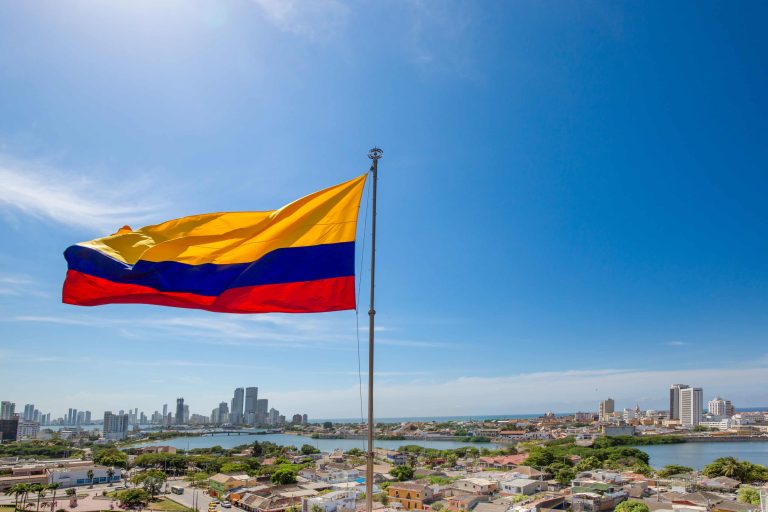On May 8, the Colombian Chamber of Representatives passed a cannabis legalization bill. In the sixth of eight discussions, the bill was passed with a 98-57 vote. In Colombia, legislative acts require eight debates, and in the most recent discussion, it needed 95 votes to move forward.
Rep. Juan Carlos Losada Vargas, who is also the bill’s sponsor, shared the news on Twitter on May 9. “#HISTÓRICO Approved with 98 votes our project of #CannabisDeUsoAdulto in 6th debate. Today @CamaraColombia It shows that we are a country that wants to change the failed prohibitionist drug policy to one based on prevention and public health,” Vargas wrote on Twitter.
The bill would create a regulatory framework for legal cannabis both for adults as well as for scientific purposes. “The purpose of this Draft Legislative Act is to allow the regularization of the use of cannabis by adults, as well as the unification of the current regulations regarding the use of cannabis for scientific use, as long as the established requirements are met,” a translated excerpt of the bill text states. “The foregoing in order to recognize and guarantee the fundamental rights to equality and the free development of personality, unify the constitutional, legal and jurisprudential references on the matter and propose a different strategy to combat illegal cannabis trafficking, as a tactic to reduce violence in the country.”
The bill also supports the creation of public education campaigns and substance abuse programs.
Vargas published op-ed pieces in late March and April where he discussed the history of cannabis efforts in Colombia and how proper regulation will save lives. “Five years ago, when we first brought the cannabis discussion to Congress, we were completely certain that, in a legislative body with conservative majorities, it was virtually impossible to pass a bill of this nature; however, simultaneously with an assured defeat, we always had the conviction that one day—much sooner rather than later—our project was going to go ahead,” Vargas wrote in March. “Well, it looks like that day has come.”
In April, the Chamber of Representatives had discussed cannabis on five occasions. “Passing five debates shows that this Congress, supported by the will of millions of Colombians who went to the polls, demonstrates that it is ready to take a step towards a new drug policy that abandons the failed paradigm of prohibition and opens the field for it to a policy guided by the guidelines of public health, the prevention of consumption and the guarantee of citizens’ rights,” Vargas wrote in April. “We are very little away from starting to write a new history in the fight against drugs, at this point it is a matter of political will. Every vote is decisive.”
The bill now moves to the Senate for consideration, for the last two discussions. If passed, it would be sent to Colombian President Gustavo Petro.
In the past, Petro has confirmed support and interest in ending the War on Drugs. Last year he explained how he will strive to allow Colombian people to live in peace. In November, Petro met with Mexican President Andrés Manuel López Obrador to discuss “geopolitical, commercial, cultural and development cooperation.” In a joint statement, they announced their goal for change. “Recognizing the failure of the fight against drugs and the vulnerability of our peoples in the face of this problem, Mexico and Colombia will convene an International Conference of Latin American leaders with the objective of redesigning and rethinking drug policy,” both presidents said in their statement.
